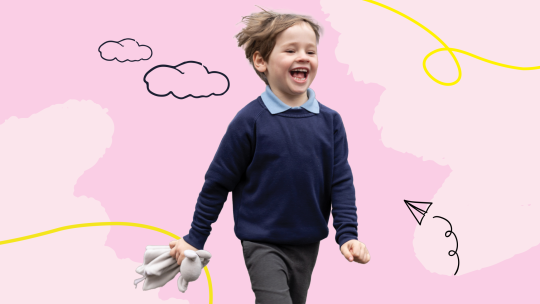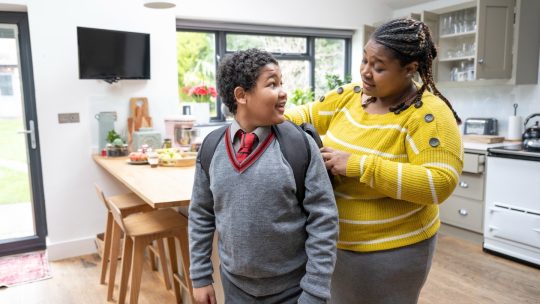Socialising in reception: Navigating the ups and downs of early friendships
 Image: Primary school age boy wearing a cardboard aeroplane and an aviator hat, smiling, pretending to fly.
Image: Primary school age boy wearing a cardboard aeroplane and an aviator hat, smiling, pretending to fly.
Starting school means learning to share space, stories and emotions, and that’s not always easy.
Disagreements, misunderstandings and big feelings are all part of growing up and learning how to get along. In this week’s blog, our expert facilitator Lisa McLeod offers practical advice to help you support your child through playground arguments, confusing tales from the classroom, and the everyday challenges of taking turns, sharing and building emotional resilience.


